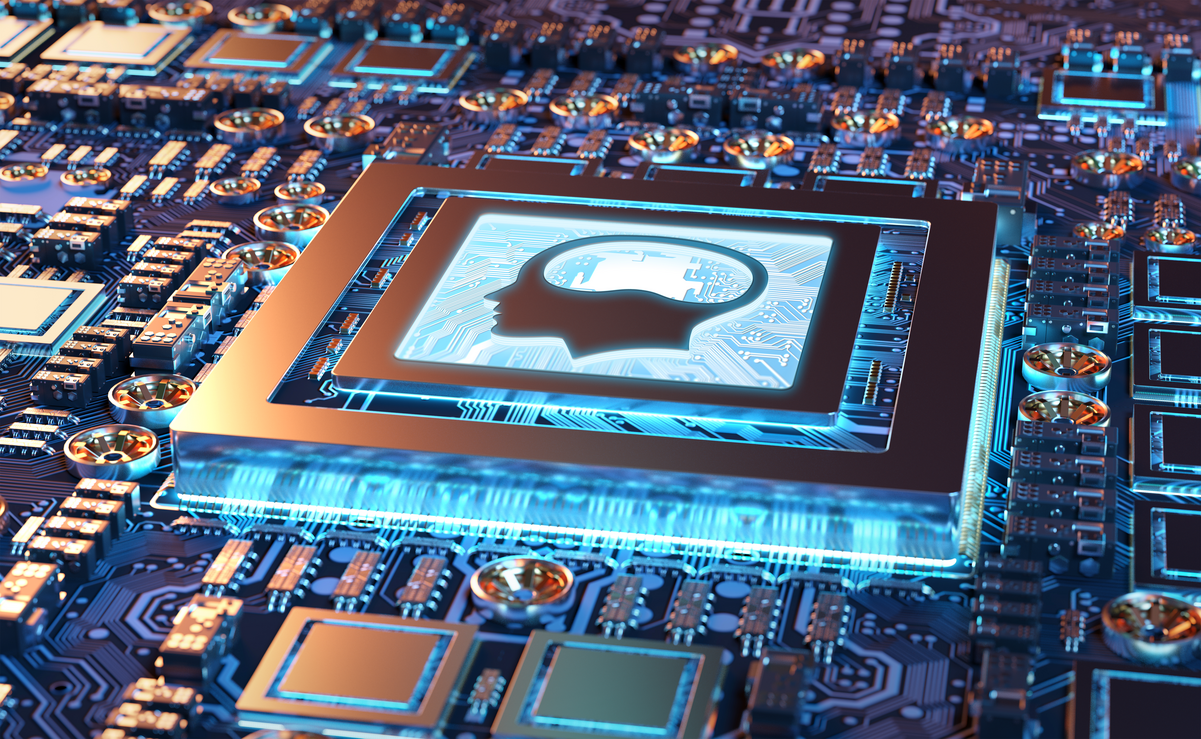Navitas Semiconductor (NVTS 9.14%) stock did exceedingly well on Monday, even among the many companies having a notable commercial relationship with China. Not only did the company's stock benefit from President Trump's bullish pronouncement on said relationship, it also announced some news regarding its work for a top name in the chip sector.
With these tailwinds at its back, Navitas' share price ballooned by more than 21% across that day's trading session.
Don't fret over China, Trump says
The roots of the rally actually stretch back to the weekend. On Sunday, President Trump signaled a potential thaw in this country's current trade spat with China.

Image source: Getty Images.
Writing on Truth Social, Trump stated: "Don't worry about China, it will all be fine! Highly respected President Xi just had a bad moment. He doesn't want depression for his country, and neither do I. The U.S.A. wants to help China, not hurt it!!!"
The first "it" in Trump's statement, naturally, refers to the current back-and-forth salvos between the country regarding its exports to the U.S. Trump and his team have slapped a number of tariffs on such goods, and at times these have been high enough to potentially affect trade to a significant degree.
Like other U.S.-based chip companies, Navitas has a complex business relationship with China. It has facilities in the country, and has flagged it as "a key market in our global strategy."

NASDAQ: NVTS
Key Data Points
Progress for an important customer
In a separate development, Navitas announced that it has progressed in the development of power devices that will ultimately be used in Nvidia's artificial intelligence (AI)-ready systems.
Referring to the advanced semiconductor materials (gallium nitride and silicon carbide) in which it specializes, Navitas quoted its CEO Chris Allexandre as saying, "As Nvidia drives transformation in AI infrastructure, we're proud to support this shift with advanced GaN and SiC power solutions that enable the efficiency, scalability, and reliability required by next-generation data centers."






